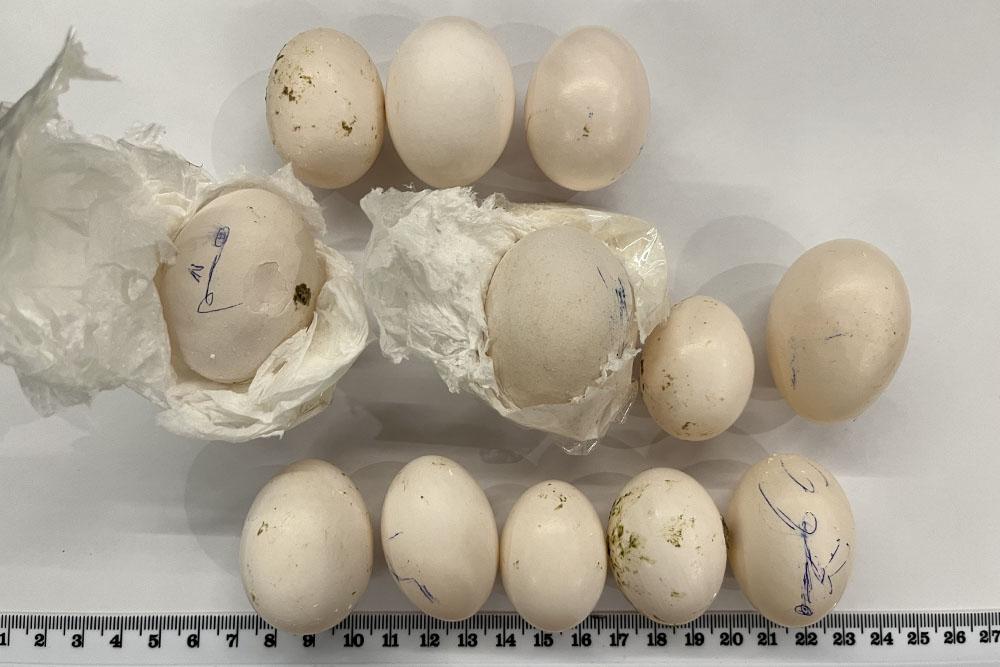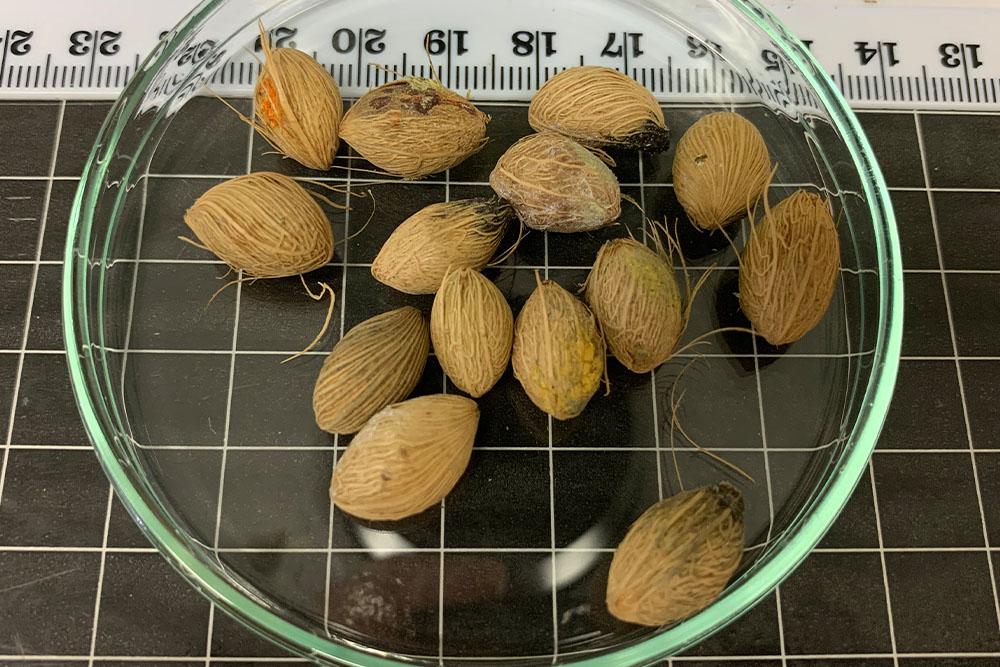The Australian Department of Agriculture, Water and the Environment (DAWE) and the Pacific Community (SPC) Land Resources Division (LRD) have signed a new cooperative agreement to strengthen animal health and livestock production systems in the Pacific.
Australian Chief Veterinary Officer Dr Mark Schipp said the agreement is the outcome of close engagement between the newly established Pacific Engagement Program in the Office of the Australian Chief Veterinary Officer (OCVO) and SPC's Animal Health and Production team.
“As part of Australia’s focus on strengthening animal health and biosecurity activities across the Pacific region, our Pacific Engagement Program is providing targeted funding to support the Pacific Community (SPC) to enhance the Pacific Heads of Veterinary and Animal Production Services (PHOVAPS) network,” Dr Schipp said.
“Livestock play an integral role in the socio-economic and food and nutrition security across Pacific communities. The PHOVAPS network supports Pacific-wide collaboration to strengthen animal health and production systems contributing to livelihoods, food and nutrition security and healthy, resilient Pacific communities.”
“Biosecurity and animal health measures will support stronger biosecurity in our region and further help protect Australia from animal biosecurity threats in our region.”
Under the agreement, DAWE will support SPC to enhance the PHOVAPS network and operations, and to undertake activities to raise African Swine Fever (ASF) awareness and preparedness across Pacific Island Countries and Territories.
Director of SPC’s Land Resources Division (LRD) Karen Mapusua said that implementation of the programme agreement will be facilitated by the SPC animal health and production team in close collaboration with the PHOVAPS Network.
“This new partnership will further boost SPC’s ongoing efforts to operationalise a One Health approach in the Pacific.” Ms Mapusua said.
“It aligns with our Pacific Animal Health and Production Framework’s (PAHPF) strategic goal of strengthening disease surveillance and enhancing emergency response capability to maintain the current animal disease status and prevent the introduction of new diseases in the region.”
Fast Facts:
- Originally called the South Pacific Commission, the Pacific Community was founded in Australia in 1947 by the six ‘participating governments’ that then administered territories in the Pacific Islands region: Australia, France, New Zealand, the Netherlands, the United Kingdom and the United States of America. The organisation’s name was changed to the Pacific Community at the 50th anniversary conference in 1997 to reflect the organisation’s Pacific-wide membership.
- Key outputs from the partnership agreement on Strengthening the Capacity of the PHOVAPS Network will include:
- Developing a governance structure and terms of reference for PHOVAPS;
- Identifying priority needs and development of guidelines for joint implementation with PHOVAPS members;
- Facilitating implementation of PHOVAPS priorities in collaboration with the ongoing projects being implemented by SPC’s Land Resources Division (LRD).



